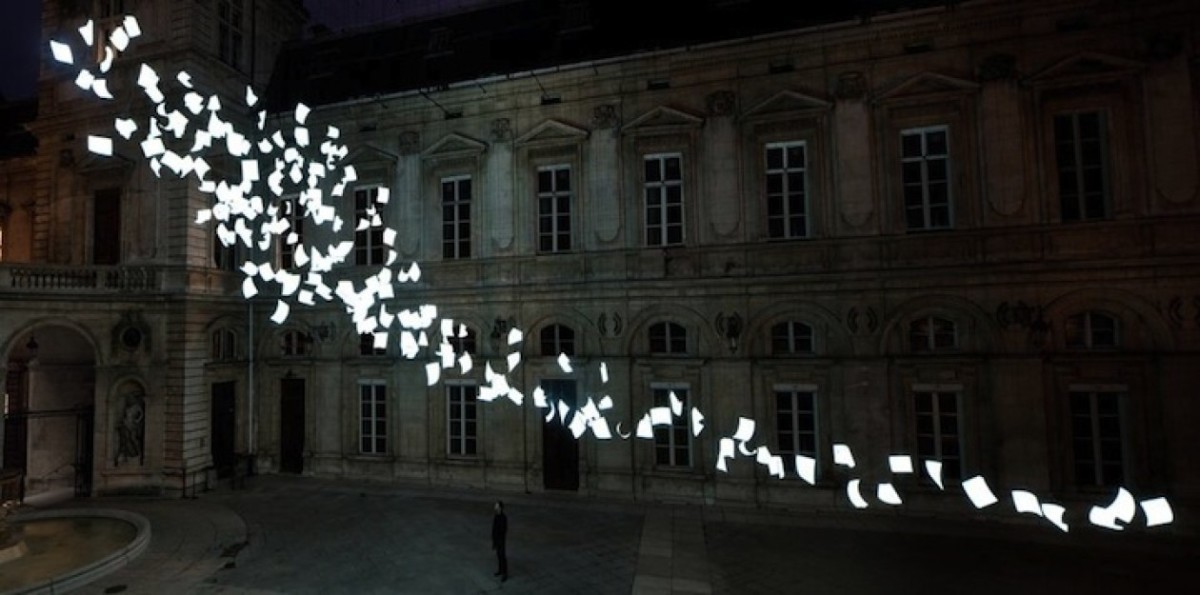
One thing I love about teaching – good teaching – is that it is inherently subversive. Good teaching challenges the status quo because deep learning is subversive as well. Developing enduring understandings never happens by the book. It happens in times of real world engagement, when what we think we know is challenged, and we need to adapt and modify in order to make something significant happen in that real world. Too often we lose sight of this in schools. Instead, we spend all of our mental and physical energy designing teaching and learning to be the exact opposite of subversive. We work, against our better judgement, to sanitize the learning, to make it predictable and safe. And we have many forces at work encouraging us, even supporting us, to do this: scripted curricula, overuse of standardized tests to measure learning, large class sizes, etc. In this kind of environment, it is easy to schoolify learning. Schoolification is when we take a real-world practice (e.g. writing, geometry, physics), and we remove any of the real-worldness out of it to manage it as a subject instead of treating it as a way of being in the world. Ironically, what we need to be doing in schools is designing learning to not look, sound, or feel anything like what students and teachers commonly define school as and instead create learning opportunities that more closely reflect how we develop understandings and make things happen in the world. We need to do this not only because it is the way we truly learn but also because schoolification has a tendency to encourage several nasty habits: a fixed-mindset and co-dependent behavior when it comes to learning, and lack of resiliency when it comes to challenges. So, in an effort to support learning environments that foster creative, risk-taking, and persistent teachers and students, here is a list of 20 signs that you are designing a real world classroom.
-
-
The culmination of schoolwork is designed to be put back out in the world in a meaningful way through performance, publication, community engagement, etc.
-
Textbooks are viewed as one of many resources students can use to develop purposeful understandings
-
Teachers use the word “uncover” when talking about teaching and learning
-
The majority of the work is appropriative, meaning students are being “specialists” in the field – scientists, mathematicians, writers, historians, artists, linguists – rather than students of subjects
-
Teachers are positioned as these specialists too, living the life of a scientist, for example
-
Lessons and/or units are contiguous. They are connected and build on one another. Students are expected to be able to bridge skills and concepts from one unit to another
-
Students want to keep their work from past units because it is useful in the present
-
Teachers and students find multiple uses for work
-
The teacher finds him or herself grading different pieces of work from all of his or her students in a given unit, making it a learning opportunity for the teacher
-
Difficulty, challenge, and obstacles are purposefully constructed and celebrated because teachers and students know that life is a series of difficulties, challenges, and obstacles
-
These difficulties, challenges, and obstacles are solved collaboratively
-
Teachers and students work together. The teacher is doing the same work as the students because the project is genuinely interesting to him/her as well
-
The teacher is a learner and the students are teachers
-
The teacher is often heard saying things like “I’m not sure. What do you think?” or “How could we figure that out?” or “What kind of work could you do that would help you figure out how to answer that?”
-
Questions are celebrated and answered by the group
-
Teacher provides scaffolding for projects, coaching students along the way, creating avenues for students to share progress, ask questions, discuss models, and collaboratively solve problems
-
Evaluation is constructive and focuses on quality criteria – what does strong work look like in this vein?
-
Teachers and students see real world performances as a source for evaluative feedback and create opportunities for purposeful reflection on these events
-
Teachers and students are constantly looking at models of the kind of work that they want to do
-
The germ for the idea for a unit comes from a challenge or a project that the class wants to take on. It is borne out of the heads of the teacher and/or students
-
